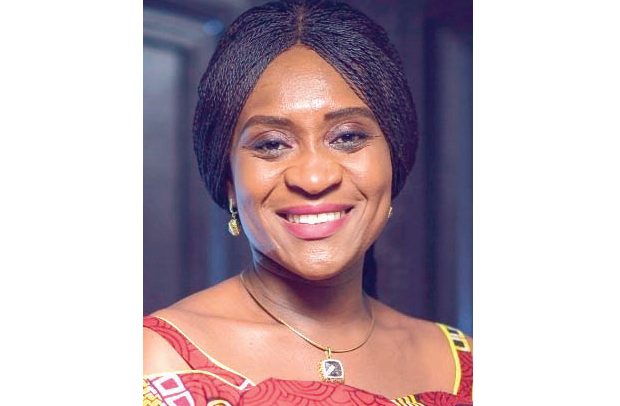Abena Osei-Asare
The Deputy Minister-designate for Finance, Abena Osei-Asare, has debunked claims that the government intends to put a freeze on the country’s wage bill as a way to bolster public finances after a huge rise in spending to fight coronavirus was recorded.
According to her, public sector workers will soon see some adjustment in their wages and salaries, adding that the tripartite committee – made up of the unions, the employers and the government – has met and is at the tail end of wage negotiation.
Mrs. Osei-Asare disclosed this when she appeared before the Appointments Committee of Parliament when she took her turn at the committee’s sitting on Thursday.
“Before the end of June, we should see them concluding on minimum wage and the base pay and it is not true we are freezing the wage bill for the next three years,” she indicated, and explained that the government began the salary negotiation somewhere in February 2020, but abandoned it in March due to the lockdown as a result of the COVID-19 pandemic.
“You will recall that we had to come to Parliament to amend the target that we had set for 2020. There was so much uncertainty in 2020 coupled with the effect of the COVID-19 pandemic.
“Mr. Chairman, we could not conclude negotiations in 2020 for 2021, but as we speak, we have commissioned the technical committee which has come out with its report,” she said.
She, however, called for a national conversation on decent wages, intimating that “we, together, can decide to increase productivity and the wages that we earn or pay will not just be a living wage, but a wage that will be commensurate for work done.”
On the management of the economy, the nominee, who is also the MP for Atiwa East, said the New Patriotic Party (NPP) government remained the better managers of the economy, while parrying suggestions that the Ghanaian economy was in bad shape.
According to her, prior to the COVID-19 pandemic, the Akufo-Addo government had stabilised the economy with inflation almost at a single digit, and “things were going well until 2020 March when the pandemic hit.”
She said women were directly affected by the pandemic because they tend to engage more in economic activities than their male counterparts, and added that any indication of a decline in economic activities involving women should factor in the presence of COVID-19.
The nominee argued that the pandemic also affected the way businesses were done, pointing out that “businesses had to quickly reinvent themselves to go virtual and digital. All these things are not the fault of the government.”
By Ernest Kofi Adu Parliament House

